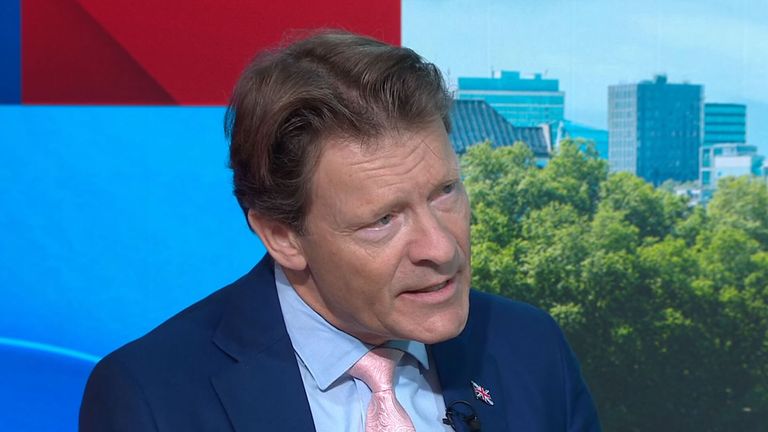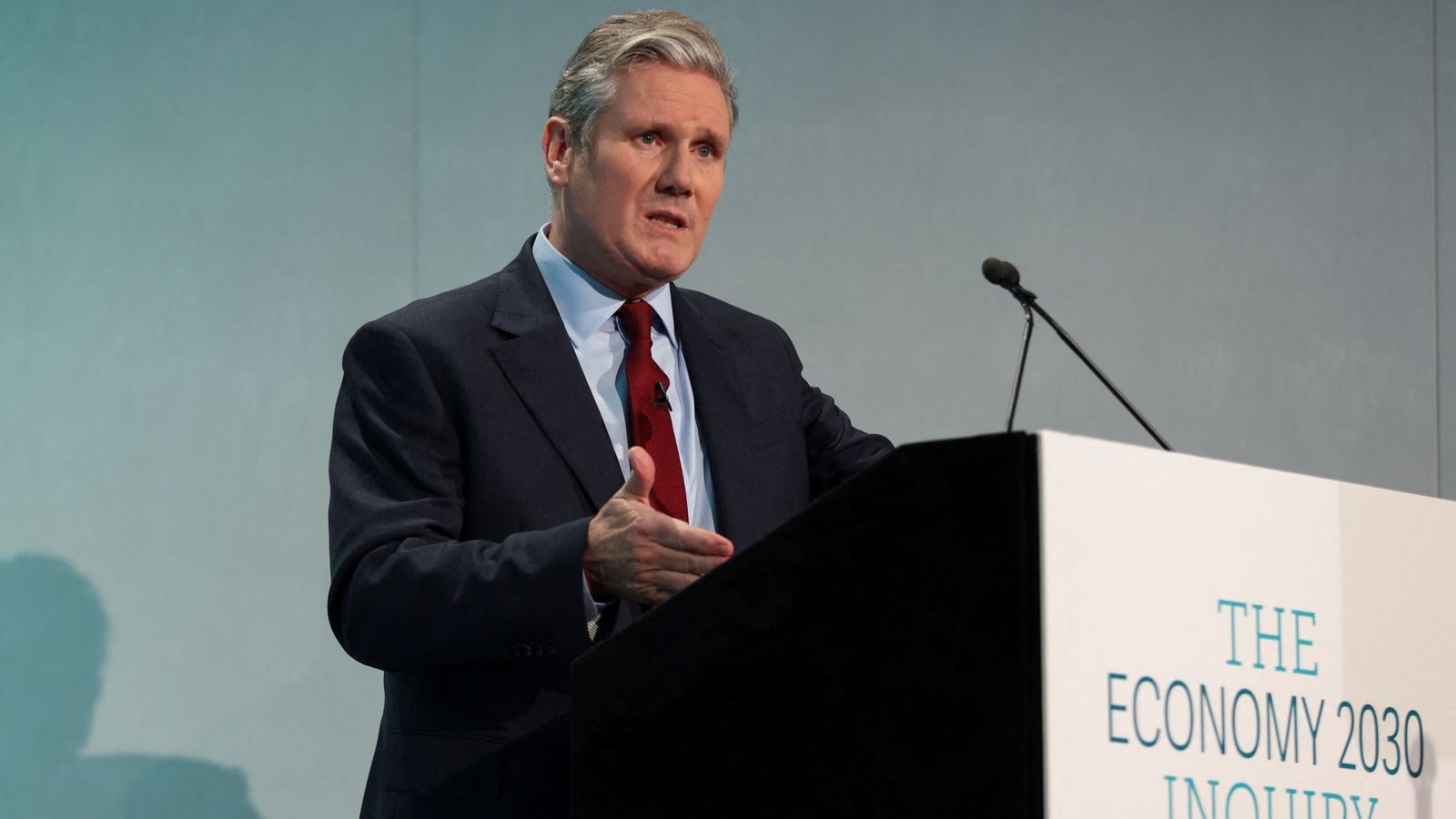New English language and UK citizenship requirements for migrants as part of government crackdown


Migrants will have to live in the UK for a decade before they can apply for citizenship under plans to reduce reliance on foreign workers.
The change from five to 10 years will come with exceptions for people who make a “high contribution” to the economy or society, who will able to be fast-tracked for permanent settlement rights.
It comes on top of new English language requirements across every visa route, which will extend to adult dependents for the first time.
The measures will be announced by Sir Keir Starmer today ahead of the Immigration White Paper, which will set out further reforms to bring net migration down.
At a press conference later, the prime minister will say: “This is a clean break from the past and will ensure settlement in this country is a privilege that must be earned, not a right.
“And when people come to our country, they should also commit to integration and to learning our language.
“Lower net migration, higher skills and backing British workers – that is what this White Paper will deliver.”
Net migration – the difference between the number of people immigrating and emigrating to a country – soared when the UK left the EU in January 2020.
It reached 903,000 in the year to June 2023 before falling to 728,000 in mid-2024. But that is still well above its pre-Brexit high of 329,000 in the year up to June 2015.
The government is under pressure to tackle legal migration, as well as illegal immigration, amid Reform UK’s surge in the polls.
Please use Chrome browser for a more accessible video player
9:47
Reform: Immigration ‘should be frozen’
However, experts have questioned whether some of the changes announced by Sir Keir today will have much of an impact, at least in the short term.
Currently, migrants have to live in the UK for five years to get indefinite leave to remain, or “settled status” if they are from the EU. They can then use this to apply for British citizenship, usually 12 months after settlement.
There were 162,000 grants of settlement in 2024, up 35% from 2023, and 270,000 grants of citizenship in 2024, up nearly a third on the previous year.
‘Contributions-based’ citizenship model
The new “contributions-based model” means people must spend a decade in the UK before applying to stay, unless they can show a “real and lasting contribution to the economy and society”.

The Home Office said this will include “high-skilled” and “high-contributing” individuals like nurses, doctors, engineers and AI leaders.
The details are still being fleshed out and will be put to consultation later this year rather than in the white paper, Sky News understands.
However, the thinking is that those who pay higher taxes or who work in a priority sector will be eligible to be fast-tracked. Home Secretary Yvette Cooper is also keen for discounts to apply to those who make an “outstanding contribution” to society, such as community leaders, it is understood.
English language requirements
The government also plans to raise English language requirements across every immigration route, so foreign workers speak a higher standard of English.
For the first time, this will also extend to all adult dependents by requiring them to demonstrate a basic understanding of English, which the government says will help people integrate and find employment.
👉 Listen to Electoral Dysfunction where you get your podcasts 👈
Dr Madeleine Sumption, director of the Migration Observatory at the University of Oxford, told Sky News that extending the amount of time people need to be in the UK to get permanent settlement rights is unlikely to significantly affect migration levels, as there is “no evidence” this affects their decision about whether to migrate.
Any impact would be seen in five to ten years, “when people get to that point of the visa journey”, she said, adding that the main effect of this policy would be to “bring in more visa-fee revenue to the Home Office” and “to make it harder for migrants to settle in”.
She said that language requirements “are more likely to have an impact on the number of visas granted”, as more than half of skilled worker visas over the past couple of years have gone to dependents.
“However, there’s no data on how many of them would have passed a language test so it is hard to say how big,” Dr Sumption added.
The home office has not put a figure on what sort of reduction these policies could achieve, with Ms Cooper to give more details in parliament on Monday afternoon.
Please use Chrome browser for a more accessible video player

16:59
Minister reveals new immigration plans
On Sunday, she told Sky News’s Trevor Phillips that plans to close the care worker visa route and change the skilled visa threshold to require a graduate qualification would cut the number of overseas workers by about 50,000 this year.
Read More:
Labour’s shift on migration may assuage voters’ concerns – but risks impacting struggling care sector
Care workers plead for higher salaries amid recruitment crisis
However, she refused to put a target on the overall levels of net migration the government is aiming for, saying that approach “failed” under the Conservatives.
The Tories have admitted making mistakes in office, but are still calling for a binding immigration cap and want to repeal the Human Rights Act for immigration issues.
Shadow Home Secretary Chris Philp said Labour has “overseen the worst ever start to a year for illegal immigrants crossing the channel” adding: “The idea that Starmer is tough on immigration is a joke.”


